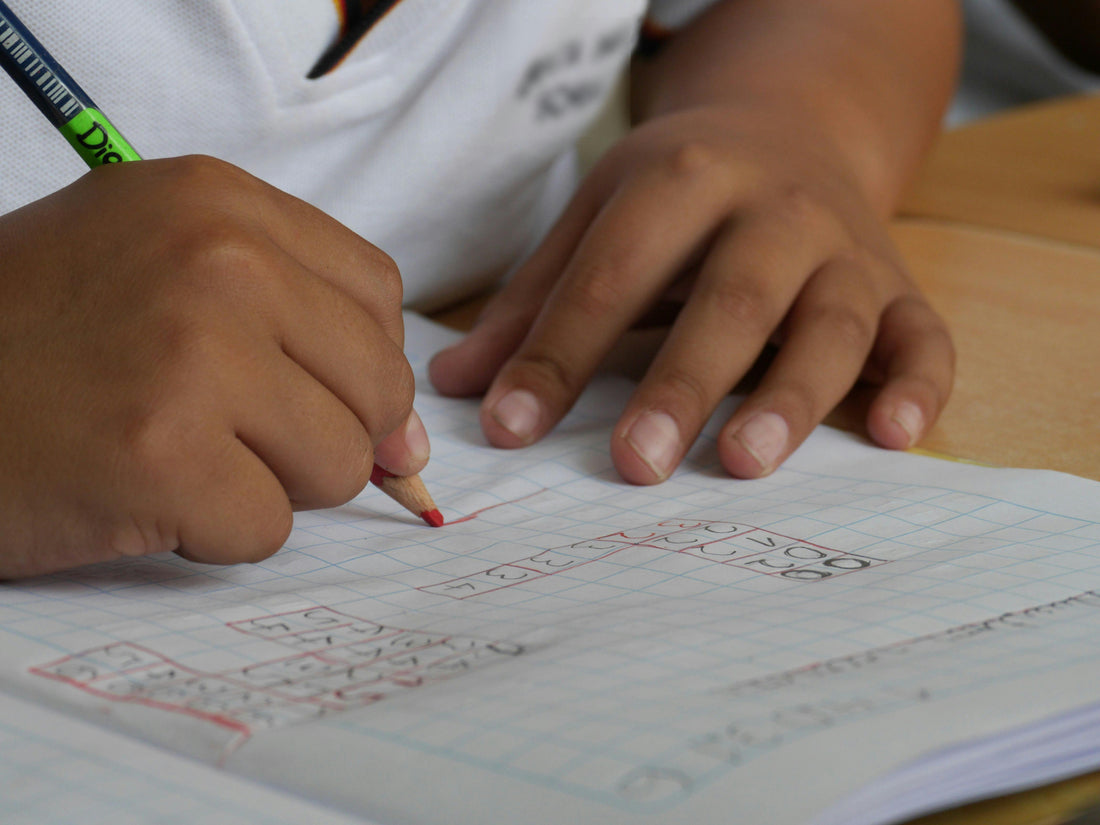Language development is one of the most exciting parts of a baby’s growth. As a parent, you play a crucial role in helping your baby develop language skills from the very beginning. By engaging with your baby in specific ways, you can encourage early language development and set the foundation for strong communication skills in the future.
1. Talk to Your Baby Regularly
Why It’s Important: Babies learn language by listening to the sounds around them. The more you talk to your baby, the more words they’ll hear, and the faster they’ll begin to recognize and understand them.
Tips:
- Narrate Your Day: Describe what you’re doing as you go about your daily activities. For example, “Now we’re putting on your socks. Look at those tiny toes!”
-
Use a Soothing Tone: Babies respond well to the sound of your voice, especially when it’s calm and soothing.

2. Read Aloud to Your Baby
Why It’s Important: Reading to your baby introduces them to new words and concepts, even if they don’t understand everything yet. The rhythm and cadence of language in books also help with speech development.
Tips:
- Start Early: Begin reading to your baby as soon as possible. Simple, colorful books with rhymes or repetitive text are great choices.
-
Point and Describe: As you read, point to pictures and describe them. “Look, here’s a red apple. Can you see the apple?”

3. Sing to Your Baby
Why It’s Important: Singing is a fun way to introduce rhythm, repetition, and language to your baby. The melody and repetition in songs make it easier for babies to pick up on words and sounds.
Tips:
- Choose Simple Songs: Nursery rhymes and lullabies are perfect for babies. Songs with actions, like “Itsy Bitsy Spider,” can also be engaging.
-
Make Up Your Own Songs: Sing about your daily routine or make up silly songs that include your baby’s name.

4. Engage in “Parentese”
Why It’s Important: “Parentese” is the sing-song, exaggerated tone of voice that parents naturally use with their babies. This type of speech helps babies focus on the sounds and rhythms of language.
Tips:
- Exaggerate Sounds: Stretch out vowel sounds and emphasize the melody of your speech. “Hiiiii, baaaby! How are yoooou?”
-
Use Repetition: Repeat key words and phrases to reinforce their meaning. For example, “This is your bottle. Do you want your bottle?”

5. Encourage Babbling and Respond to It
Why It’s Important: Babbling is your baby’s way of practicing sounds and starting to form words. By responding to their babbling, you’re showing them that communication is a two-way street.
Tips:
- Have “Conversations”: When your baby babbles, respond as if you’re having a conversation. “Oh, really? Tell me more!”
-
Mimic Sounds: Imitate your baby’s sounds to keep the “conversation” going and encourage more babbling.

6. Play Interactive Games
Why It’s Important: Games like peek-a-boo and pat-a-cake not only entertain your baby but also introduce them to the concept of turn-taking in communication.
Tips:
- Use Simple Phrases: While playing, use simple phrases like “Where’s baby? There’s baby!” This helps your baby connect words with actions.
-
Repeat Often: Repetition helps reinforce language. Play these games often and use the same words each time.

7. Limit Screen Time and Focus on Interaction
Why It’s Important: Babies learn language best through direct interaction with people, not screens. Limiting screen time ensures they’re getting the human interaction they need to develop language skills.
Tips:
- Prioritize Face-to-Face Time: Spend plenty of time talking, reading, and playing with your baby without the distraction of screens.
-
Use Video Calls Wisely: If family members want to talk to your baby via video, make it interactive by encouraging them to sing songs or play peek-a-boo.

8. Be Patient and Celebrate Milestones
Why It’s Important: Every baby develops at their own pace. It’s important to be patient and celebrate each small milestone, no matter how big or small.
Tips:
- Celebrate First Words: When your baby says their first word, make it a big event. Positive reinforcement encourages them to keep trying.
-
Keep Encouraging: If your baby isn’t talking yet, don’t worry. Keep engaging with them through talking, reading, and singing.

Conclusion: Nurturing Your Baby’s Language Development
Encouraging early language development is about creating a rich and supportive environment where your baby feels safe and loved. By talking, reading, singing, and playing with your baby, you’re laying the groundwork for strong language skills that will benefit them throughout their life. Remember, every interaction is an opportunity to help your baby learn and grow.
